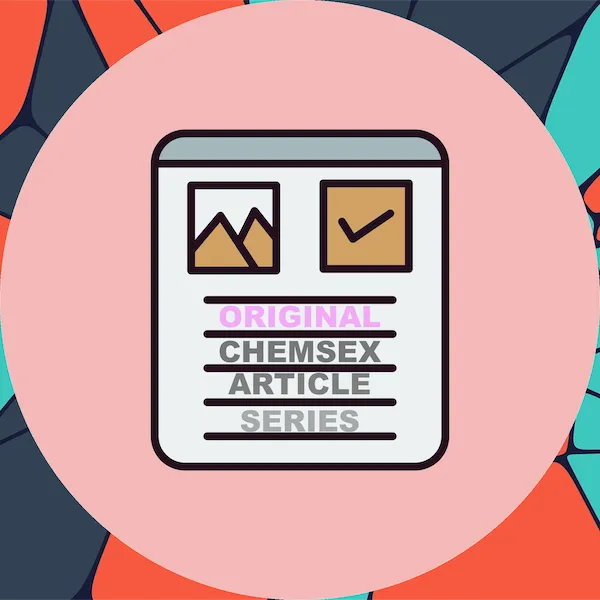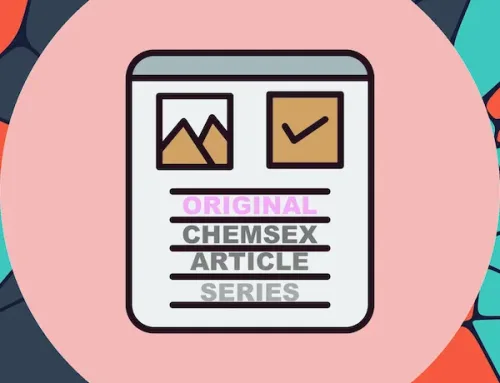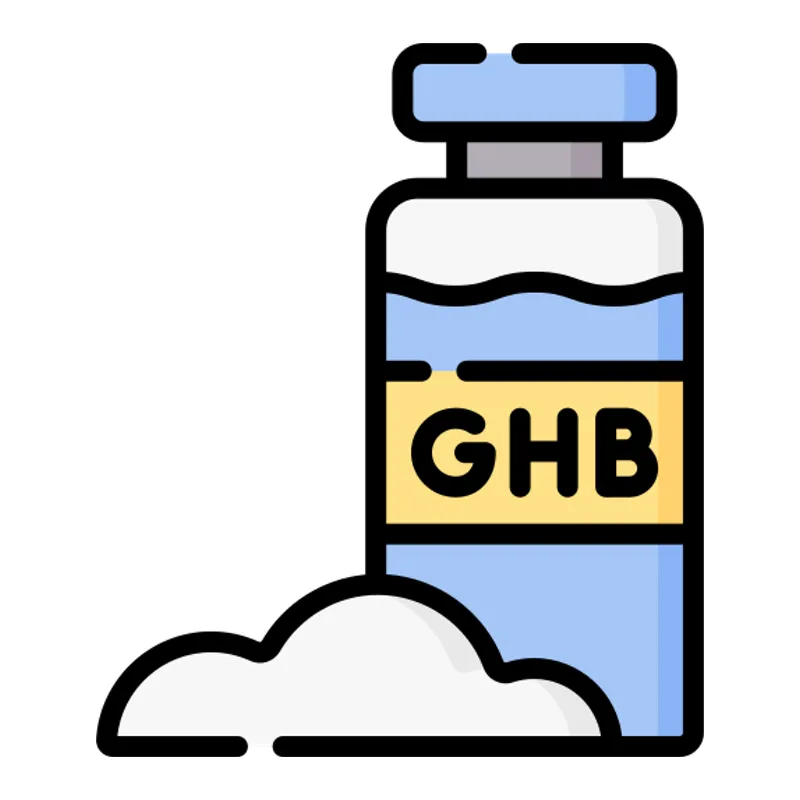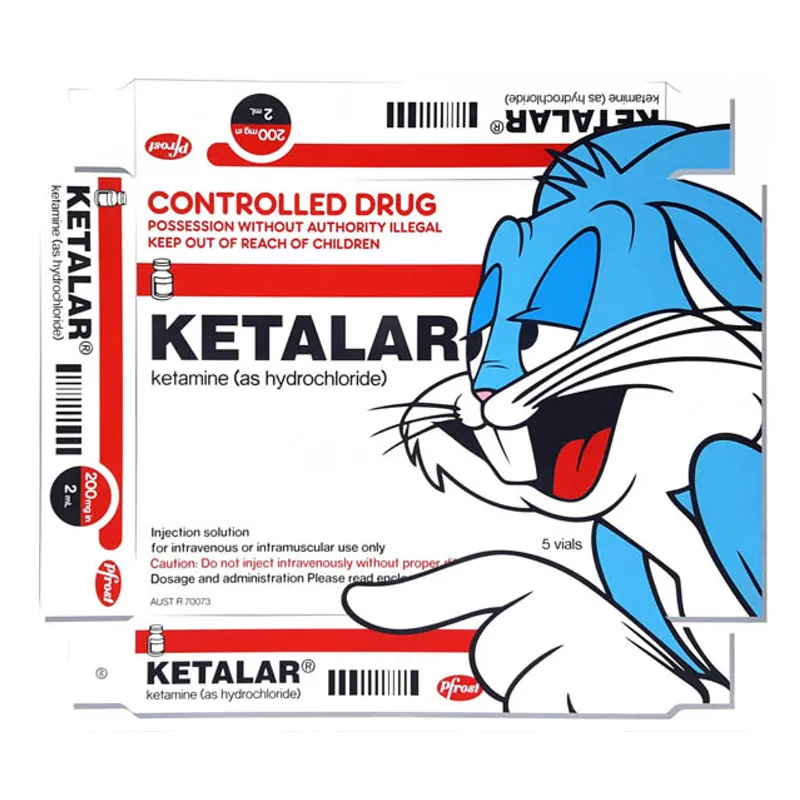Chemsex and HIV
Chemsex, also known as “party and play” and “PnP”, is a term that refers to the practice of using drugs (primarily stimulants like methamphetamine and GHB/GBL) to enhance sexual pleasure and/or to facilitate sexual encounters. Chemsex is becoming increasingly popular in some gay male communities, particularly in urban areas. It is often associated with high-risk sexual behaviors such as unprotected sex and multiple partners, leading to a heightened risk of HIV and other sexually transmitted infections.
Research has shown that chemsex increases the risk of HIV transmission and acquisition, as stimulant use can impair decision-making, leading to risky sexual behavior. Additionally, chemsex can result in longer periods of sexual activity, exhausting the body’s natural defense against HIV, which further increases the risk of transmission. Chemsex can also lead to an increased number of sex partners, increasing the risk of HIV transmission through potential contact with an HIV-positive partner.
It is important to remember that HIV is preventable, and that chemsex need not be an automatic risk factor. People engaging in chemsex should practice safe sex measures, such as the consistent and correct use of condoms, limiting the number of partners, and regular HIV testing. People engaging in chemsex should also be aware of the potential risks of GHB/GBL and other drugs. Seeking out support and treatment for addiction or mental health issues can also help reduce the risks associated with chemsex.
Meta






